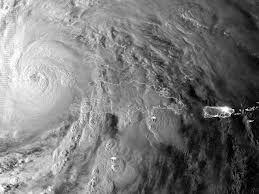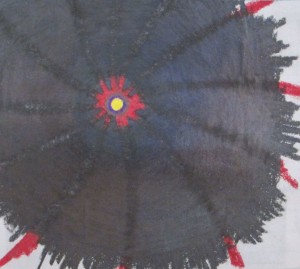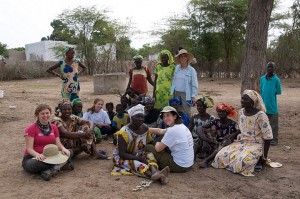
Nine years ago today I went to prison. Along with hundreds of other people in Philadelphia, I had engaged in nonviolent civil disobedience when the US launched its invasion of Iraq in 2003, and a year later we received our summons to appear in court. Those of us who refused to pay the $250 fine were sentenced to a week in maximum security federal prison and kept in lock-down in our cells 24 hours a day.
When we stepped through the doors of the prison on that sunny April day, with Philadelphia’s blossoming springtime in full swing, we entered a world unto itself, cut off from the outside by its thick concrete walls, locked doors, and glaring florescent lights.
We went through several hours of intake, including two strip searches, before we were finally issued our orange jumpsuits and escorted handcuffed to our cells. (My cellmate, Janeal Ravndal, was a Quaker woman who later wrote about our experience in her booklet, A Very Good Week Behind Bars, published by Pendle Hill Press.)
Our only connection to the outside was a narrow vertical frosted window, and a day or two after our arrival I discovered a tiny pinprick of clear glass where the frosted glaze hadn’t adhered. Smaller than the head of a pin, it was my only view to the out-of-doors. Peering through it I could make out the basic outlines of buildings, cars, a distant highway.Continue Reading






